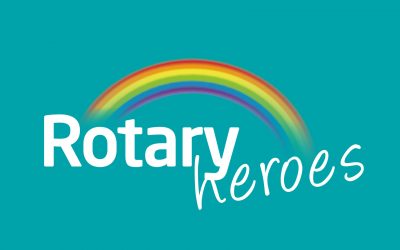This was a time when life stood still. When a virus, which first took hold in Wuhan, China, at the beginning of the year, paralysed the world, killing more than 333,000 by mid-May, and infecting in excess of 5.1 million people globally.
Suddenly coronavirus, or COVID-19, pressed the pause button on society on an unprecedented scale. It has led to lockdowns, social distancing, huge queues outside supermarkets, families separated, and with massive implications on business and everyday life.
And who knows what the future holds for life beyond COVID-19.
For Rotarians, the pandemic has meant they have had to change. Face-to-face meetings were swiftly abandoned once Prime Minister Boris Johnson announced the lockdown in March. District conferences, which had been many months in the planning, were suddenly cancelled.


COVID-19, pressed the pause button on society on an unprecedented scale.
But never was the value of Rotary and its importance as an organisation, which sits at the heart of the community, underlined more.
Rotary has a history of being at the forefront of delivering humanitarian aid; from the two World Wars which blighted the 20th century, to its never-ending commitment of being among the first on the scene to a range of man-made and natural disasters.
But never has Rotary had to respond on such a global scale as in 2020, and in Great Britain and Ireland, Rotarians rose brilliantly to the challenge, despite the inevitable restrictions on movement.
never was the value of Rotary and its importance as an organisation, which sits at the heart of the community, underlined more.”
As many clubs swiftly discovered the ease with which modern technology allowed Rotary meetings to continue, so the word ‘Zoom’ provided a fresh catalyst to fellowship and provided an impetus to community work.
For smaller clubs, and those unable to get involved because of Rotarians’ own caring duties, and their own age limitations, many chose to donate cash to foodbanks nationwide, notably the Trussell Trust.
In Thames Valley Rotary (District 1090), clubs raised more than £76,000 for foodbanks in the first five weeks of the crisis, through donating money they would have spent at weekly meetings. And that tally has snowballed.
Besides foodbanks, other clubs have designed funds to support specific charities involving the most vulnerable.
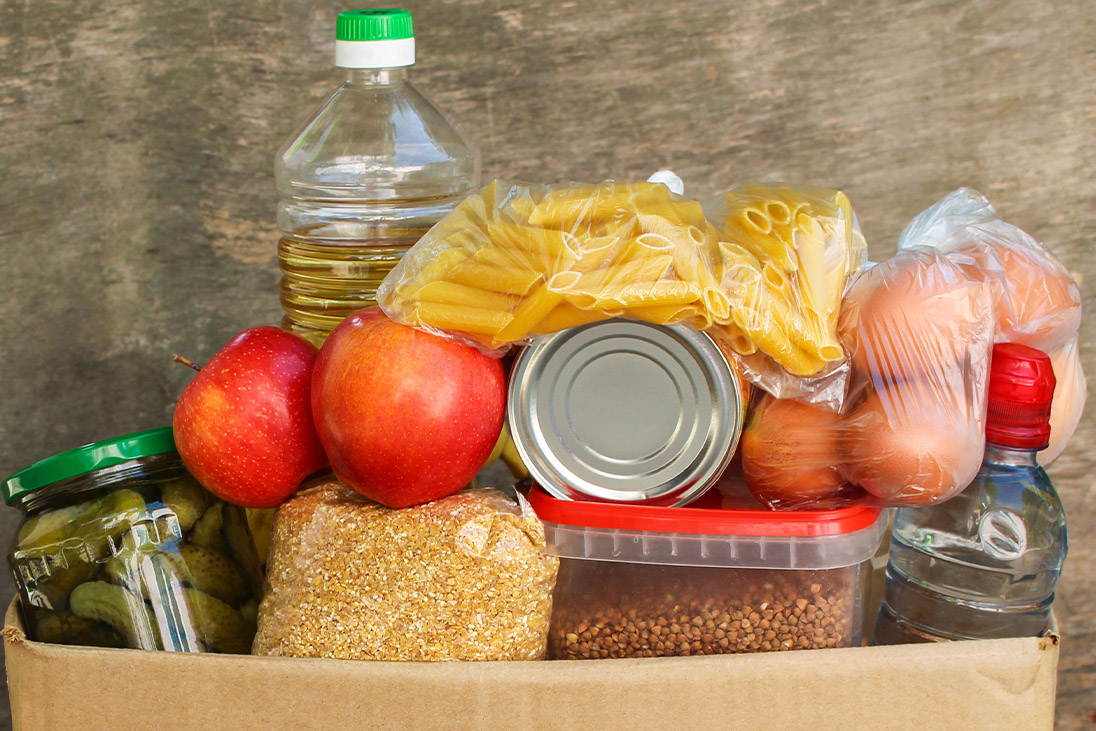

Thames Valley Rotary (District 1090), clubs raised more than £76,000 for foodbanks in the first five weeks of the crisis.
However, for hundreds of Rotary clubs, the pandemic provided an opportunity to strengthen existing ties with community projects they had previously been involved with, as well as creating fresh initiatives.
In north-east England, the region’s 56 clubs raised more than £50,000 in the first eight weeks for local charities.
Foodbanks, cancer charities, the NHS, neighbourhood support groups, schools and care homes across the region have benefited as Rotarians have also undertaken dozens of projects to assist the community.
hundreds of Rotary clubs, the pandemic provided an opportunity to strengthen existing ties with community projects they had previously been involved with, as well as creating fresh initiatives.”
And in Hertfordshire, Ware Rotary took just 12 days to set up the Bricket Wood Rotary Community Corps with 23 volunteers helping the vulnerable with hospital transport, food deliveries, postal deliveries, and collecting prescriptions from a local pharmacy.
Suddenly, as people who had been placed on furlough because their businesses had shut down, and for those with time on their hands, COVID-19 became an opportunity to volunteer.
More than three quarters of a million subscribed to become NHS volunteers.
When the dust one day settles on this crisis, and life returns to normal, history will show that Rotary was unyielding in its support for its community and remains as relevant as ever.
Rotary during COVID-19.
Abergavenny, Monmouthshire:
Have donated bottled water, squash and fruit to patients in the local hospital as well as donating £7,000 to local and international charities.
Barnstable Link, Devon:
Organised a ‘Children’s Art Challenge’ for pupils to take part in while they were unable to attend school.


Barnstable Link Rotary organised a ‘Children’s Art Challenge’ for pupils to take part in while they were unable to attend school.
Cardiff East:
Have adopted a local foodbank as a club project, with members regularly volunteering and donating both food and money.
Colchester:
The Rotary club has set aside £15,000 to distribute to local good causes who are struggling, including the Colchester Foodbank, Headway Essex, the East Suffolk & North Essex NHS Foundation Trust and Next Chapter, a charity working with victims of domestic violence.
Cowdenbeath, Fife:
Spearhead by the Rotary club, the technical department at Lochgelly High School was able to make 200 visors for use by staff at NHS Fife’s key centres.
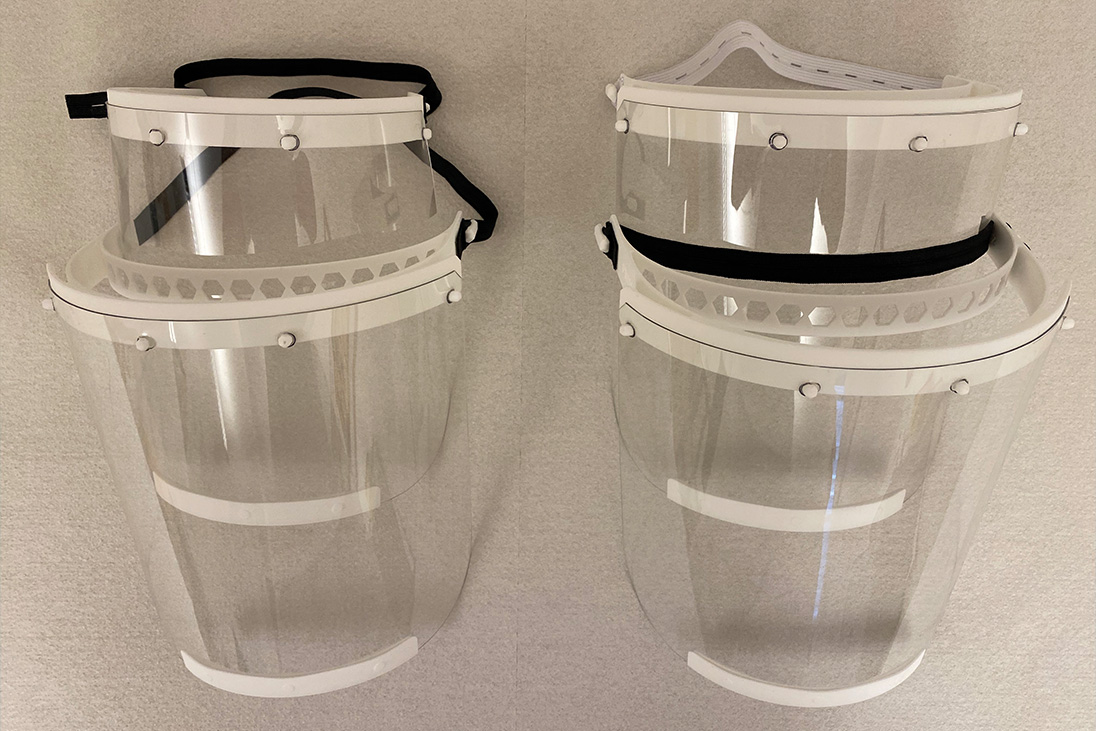

Spearhead by the Rotary club, the technical department at Lochgelly High School was able to make 200 visors for use by staff at NHS Fife’s key centres.
Dumfries & Galloway:
Co-ordinating fund-raising efforts for the For the Love of Scrubs group. Rotary clubs in the region which has raised more than £10,000 to make hundreds of scrubs for medical staff.
Hamble Valley, Hampshire:
Part of co-ordinated efforts in the area, alongside other community groups and religious organisations. They are sharing key messages about social distancing, registering people as vulnerable and promoting the NHS volunteer scheme.
Heart of England:
Midlands clubs have created a COVID-19 Community Support Fund, providing much-needed financial support to foodbanks across the region, as well as providing materials and teams to assist with providing scrubs for the NHS.
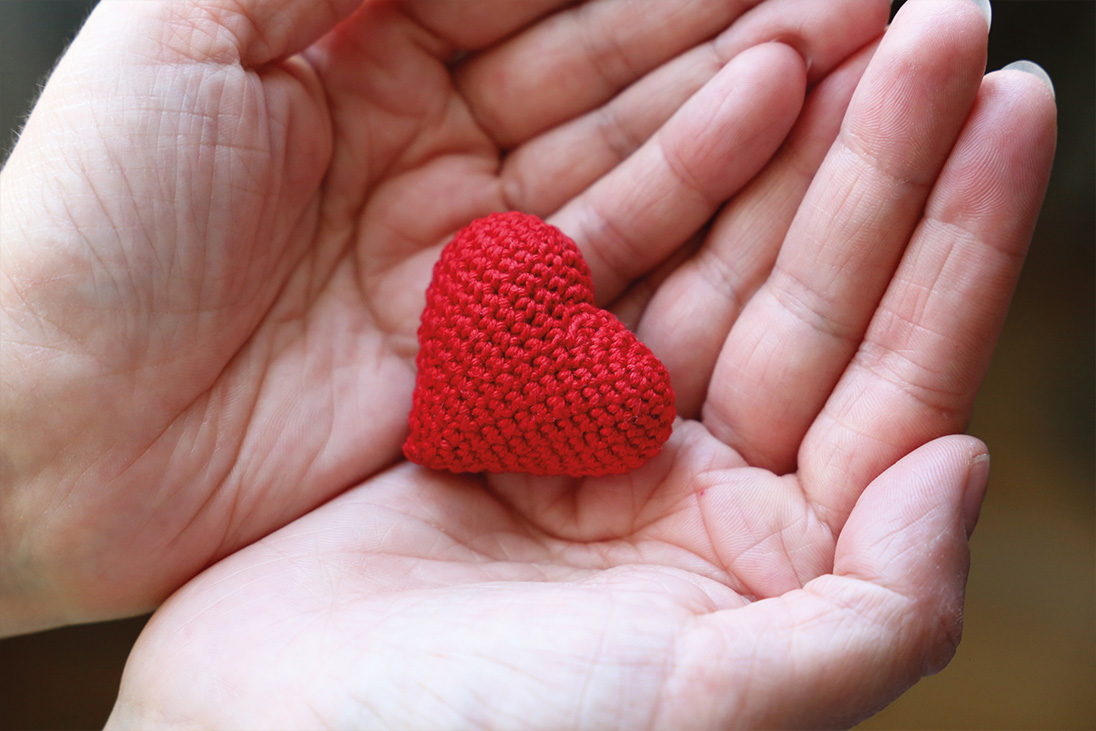

Midlands clubs have created a COVID-19 Community Support Fund
Hounslow, Middlesex:
Donating food parcels and groceries to the staff at West Middlesex Hospital, as well as supporting the local foodbanks and the Hounslow Open Kitchen which provides free meals to the needy twice a day.
Jersey:
Delivering freshly-cooked meals daily to members of the Good Companions Club, a long-running project of Jersey Rotary, which supports some of the most elderly and vulnerable people on the island.
Limerick Thomond, Ireland:
Supporting a ‘Meals on Wheels’ scheme by donating dinner boxes to St Munchin’s Community Centre, a local not-for-profit organisation.
Louth, Lincolnshire:
Donated £3,000 to help vulnerable people, the club supplied laptops to children having to self-isolate to continue their education.
Lytham, Lancashire:
As part of Lytham COVID-19 Support, they helped to provide over 100 white clogs for staff in the Critical Care Unit at Blackpool Victoria Hospital. The Rotarians have also been working across the area helping the elderly and vulnerable.
Mendip, Somerset:
Members are helping to answer the telephones for the newly-formed Cheddar Valley Community hub. Formed by local business people to assist the vulnerable who are self-isolating to get vital supplies. Younger volunteers will then go to get the supplies.
Narbeth & Whitland, Carmarthenshire:
Supporting a Cardiff-based company Venn Tailoring and their team of volunteers to make scrubs for NHS workers in Wales.


Many Rotary clubs have helped make scrubs for NHS and care home workers
Nene Valley, Northamptonshire:
Provided 25 microwaves for each ward at Northampton General Hospital for nursing staff to warm meals without leaving their posts.
Newbridge, Ireland:
Has established a volunteer group within the club to deliver prescription medicine to the elderly and those who cannot visit the pharmacy. Also partnering with Dora May’s Café and All Seasons Restaurant delivering hot meals to elderly and vulnerable people twice a week.
New Forest, Hampshire:
Ladies from Becton & District and Lymington have been knitting hearts to give to patients to share with separated families at hospitals in Portsmouth, Southampton and Bournemouth.
Northwich Vale Royal, Cheshire:
Volunteering as part of a local coalition of organisations and businesses to offer assistance with supplies, shopping, dog walking, and phone calls to those isolating.


Rotarians have helped people in communities stay connected during isolation through phone calls
Nottingham:
Seeking daily volunteers to support Sycamore Dining, a charity which makes affordable meals for those living independently. Daily deliveries of hot meals to elderly and vulnerable in the community are essential.
Penicuik, Midlothian:
Has partnered with the Food Fact Friends foodbank, helping to deliver food enough for 4,600 meals in just two weeks.
Queen Elizabeth Sixth Form College Interact, Darlington:
Sending hundreds of letters and cards to local elderly people and care home residents who are isolating.
Reading, Berkshire:
Eight Rotary clubs in the town are working together in similar fashion collecting prescriptions, fetching urgent supplies, posting mail, dog walking and providing a friendly phone call to those who are self-isolating. They are also encouraging children to write letters to nursing homes or to an elderly neighbour.
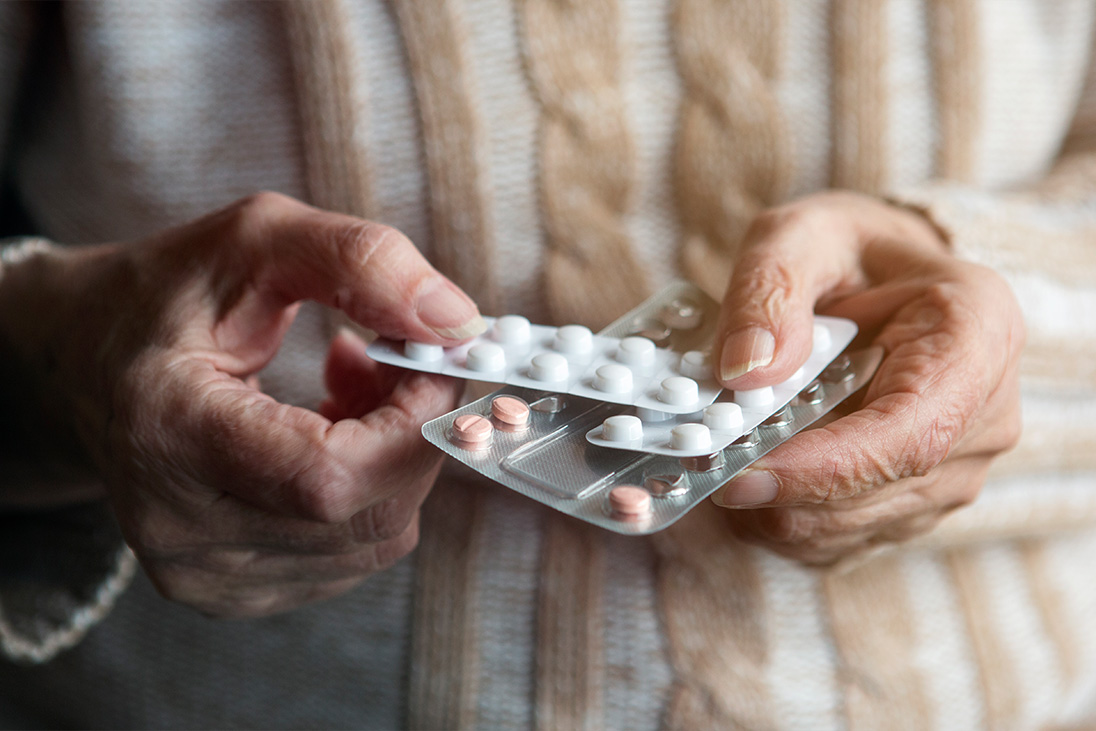

Rotary clubs have helped vulnerable in their communities with collecting prescriptions.
Romney Marsh, Kent:
Involved with setting up of the Romney Marsh Community Support Hub. The group includes a number of charities, including foodbanks, as well as local church leaders, Kent Police, councils, doctors’ surgeries, scout groups and community wardens.
Sale, Cheshire:
Community support scheme ensuring elderly residents can get to the shops, as well as for essential doctor and hospital appointments. They have been working in collaboration with taxi operators, Scotts Cars, to subsidise costs, so those in need can travel free of charge.
Tullamore & District, Ireland:
Working together through daily updates on their WhatsApp group, they are involved in food collection and delivery, distribution of hand sanitiser and protective health equipment.
West Wickham, Kent:
Rotarians have completed a mammoth project by donating 173 scrubs bags to NHS workers, and donated 2,200 creams and 4,000 chocolates to front line staff.









